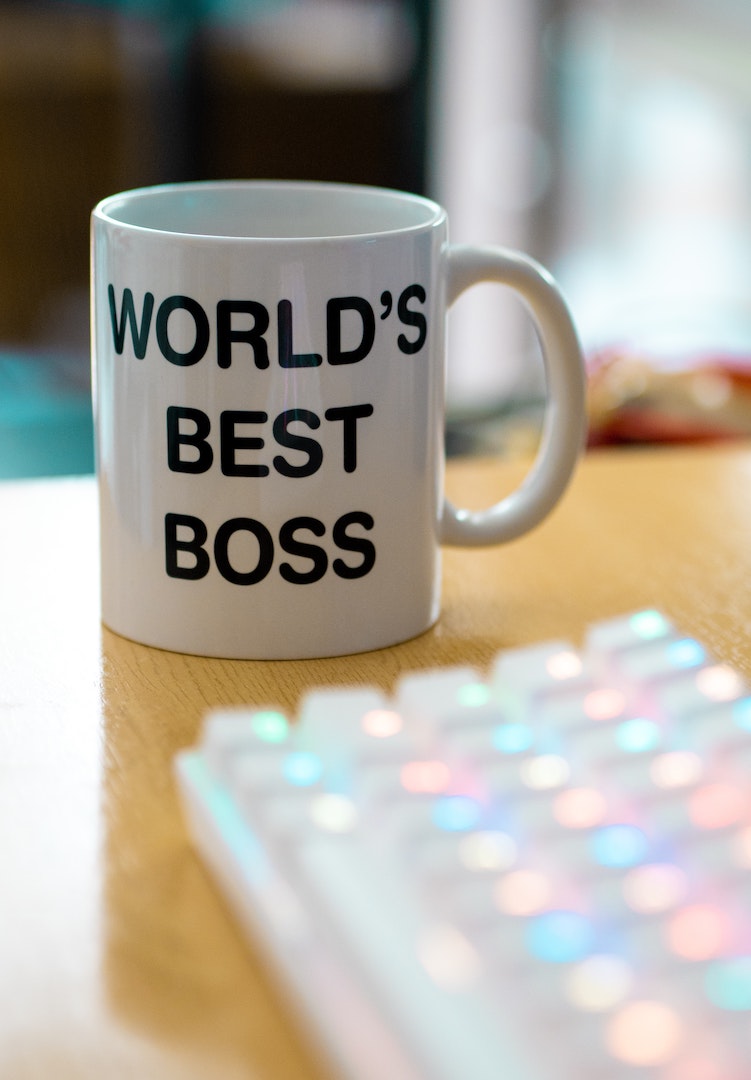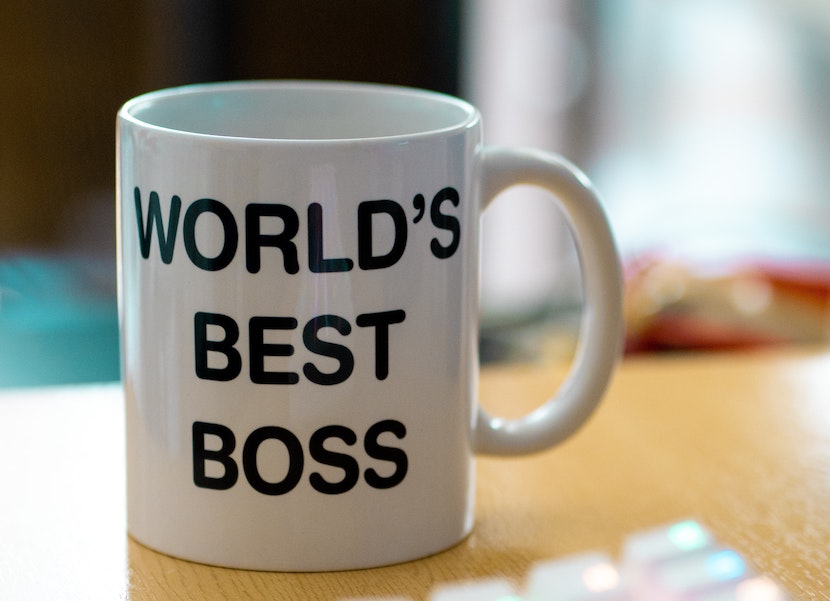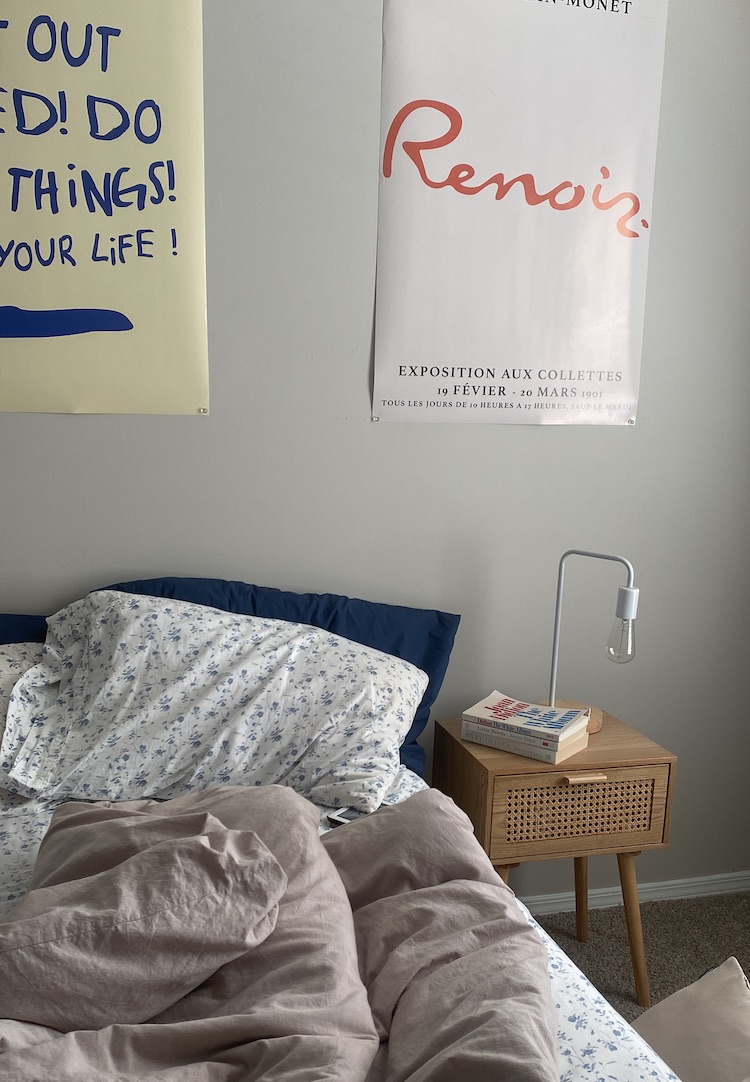Don’t like your boss? I asked a careers coach how to handle it
WORDS BY COBY RENKIN
Because the extra stress just isn’t worth it.
Ever felt the need to just yell and scream a little after hanging up the phone following a phone call with your boss? Ever read an email and just thought ‘You have to be kidding’ before you’re even two sentences in? Well, you’re not alone.
We’re all told growing up that there will always be people we don’t get along with, and that’s just a part of life. But when that part of your life takes up what feels like most of your waking hours, it becomes hard to just accept.
Want more career advice? Head to our Life section.
Not getting along with the person you answer to on a daily basis is not at the top of anyone’s list when it comes to job requirements, and it can be hard to switch off from the workday when you find yourself stressed out by more than just the work itself.
I spoke to Melbourne-based careers coach Jackie Marsterson to get her professional advice on how to handle this unfortunate reality experienced by so many. According to Jackie, a difficult relationship with your boss is a common problem, one that she helps some of her clients deal with. “It has a profound impact on individuals that face this situation,” says Jackie.
She explains that the tension often occurs without the boss even realising it and isn’t always a personal issue. “Your boss may not know they are having a negative impact on you. I always feel that often a bad boss has issues themselves, such as feeling insecure and uncertain about their own job, or they may not have the self-awareness or training to know what impact they are having on their employees. On the other hand, they may well know the impact they are having, and not care.”
Either way, Jackie says it’s important to deal with the problem professionally. “I suggest talking to your boss, raising the issue in a non-confrontational way, telling them how you feel, no one can argue with how you feel, I don’t suggest criticising them or pointing out bad behaviour.”
“If you decide to have this conversation, make sure you know what you are going to say, write it down and prepare well, even saying it out loud to yourself first,” she adds.
Keeping on task can be difficult at the best of times, so an extra workplace stress like this does not help. “Staying positive and productive at work when you may be feeling crushed is not easy,” Jackie says. “As human beings we get caught up in negative thinking and blame ourselves… I suggest focus[ing] on what you can control, such as doing a good job, remaining engaged in your work, what needs to be done and the tasks you need to complete. Take one day at a time and be kind to yourself!”
Equally as important to getting the job done when you’re at work, is switching off when you’re not. Jackie says recognising that you are letting work worries intrude on your personal life is the first step towards doing something about it and being able to create strategies that work for you.
“The actual separation from the office or home office can be enough for some, but others overthink and can’t turn off. I suggest trying different ways to deal with this.” She recommends strategies including changing clothes at the end of the work day, exercising to process your thoughts and writing down what is fuelling your stress. She says to take time to download your thoughts with someone close to you, but try not to dwell on it, instead “distract your thinking and focus on other areas of your life”.
“If it is impacting your personal life significantly, then it may be time to seek professional help,” she adds.
Jackie also emphasises the importance of separating your work and personal life. “Remind yourself that your job is what you do, not who you are, there is much more to you,” she says. “Create boundaries that allow you to turn off from work, this will allow you to lead a more productive life both at home and at work.”
She suggests in particular limiting the time you spend replying to emails outside of work hours, otherwise “colleagues and employees will think you are available and continue to contact you”.
When dealing with a difficult boss, self care is paramount. “Know that if you are rested then you will be a better employee as well as human being,” Jackie says. And of course, if your work environment is unbearably toxic, it might be time to start searching for a new role – one where you’re appreciated for what you bring to the table.
For more advice on dealing with a boss you don’t get along with, head here.










